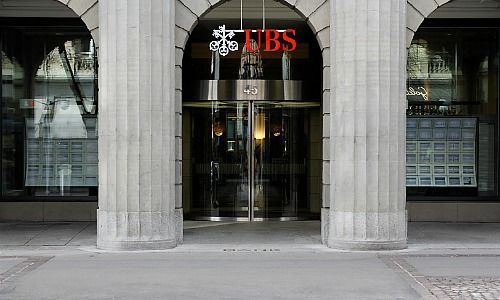The merger of UBS' private bank with its brokerage in the U.S. is proving harder than planned. Just five months in, one of the biggest savings measures out of the tie-up has reportedly fizzled.
Zurich-based UBS folded its flagship private bank together with its U.S.-based wealth management unit, which is based on its acquisition of New York-based broker Paine Webber in 2000. The Swiss bank said at the time of the announcement it expected «improved efficiency, more sharing of best practices, greater returns on our investments and enhanced client service» from the move.
Now, UBS is faltering on the «improved efficiency» part, according to Swiss daily «Neue Zuercher Zeitung» (in German). The bank won't be able to merge its information technology platforms for the foreseeable future, according to the report – meaning a weighty lever of cost savings falls away.
The merger was one of the first measures unveiled by new co-heads Tom Naratil and Martin Blessing, and it has sparked a host of top management and organizational changes at the unit since January as well as reinvigorated the race to succeed long-standing CEO Sergio Ermotti.
IT Reduction
Last year, then-private bank head Juerg Zeltner concluded a wide-ranging $1 billion technology project meant to lower spending at the unit by nearly that much. UBS' wealth management unit in the U.S. operates under a brokerage model, like domestic competitors such as Wells Fargo and Morgan Stanley.
As a result, a tech tie-up isn't viewed as feasible or sensible by the bank – a big stumbling block in the wider merger. To be sure, UBS is determined to reduce the number of its IT platforms to two to four, from currently nine in Europe alone.























